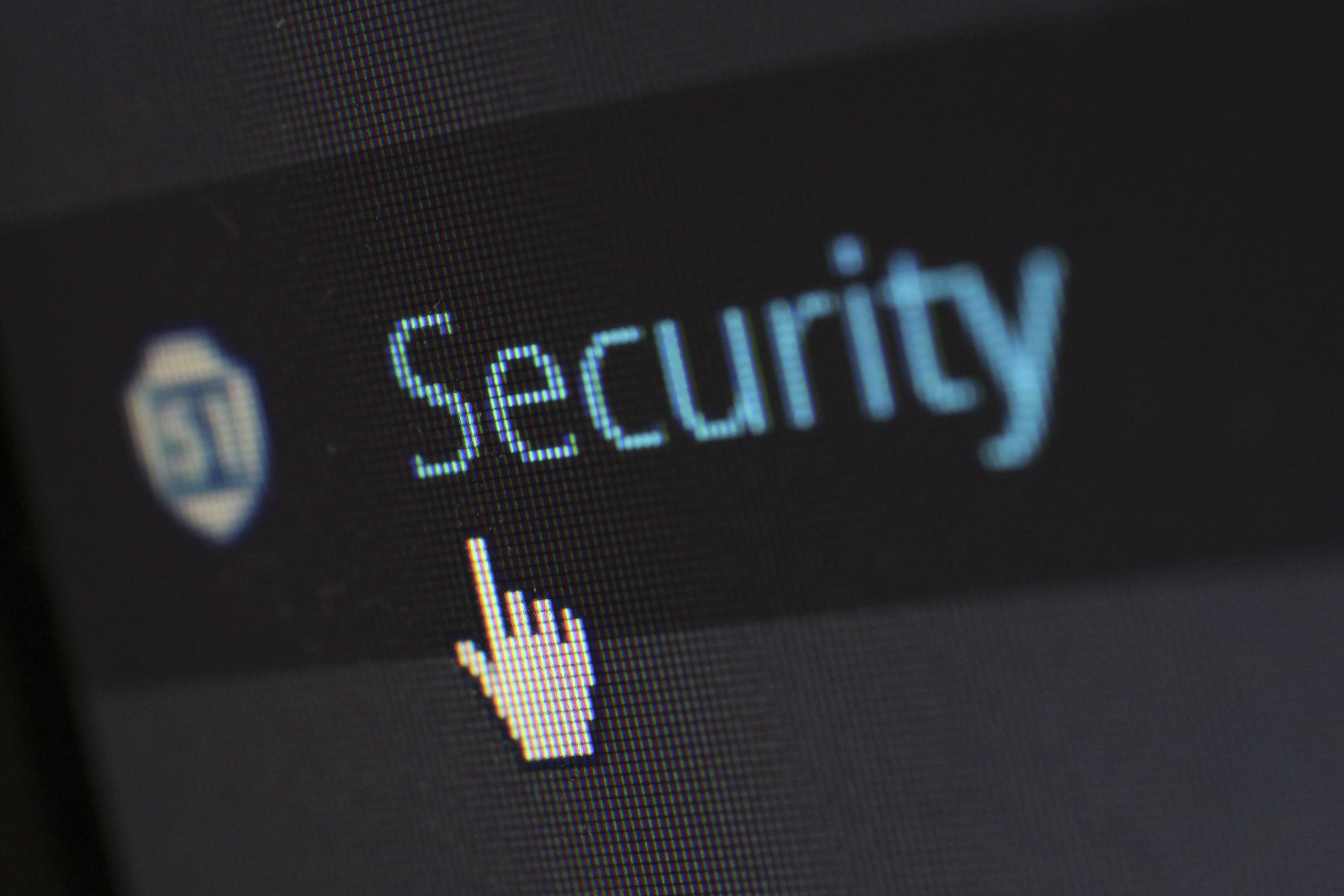
Using passphrases instead of simple-to-guess passwords is one step in keeping your information secure.
A Cybersecurity Awareness Month checkup
October 28, 2021 | Joseph Hopper
October is cybersecurity awareness month.
The genesis of modern computer viruses predates the dawn of the internet and virtual threats have become exponentially more unique, devastating, and widespread since the halcyon days of computing. Agriculture’s role as a vital global industry makes it a primary target for cyber-threats. The blurring line of life offline and online means instead of only a headache, hackers can also threaten life, liberty and the pursuit of happiness.
In the past five years, ransomware attacks have been some of the most high profile, according to Iowa Soybean Association IT Manager Brian Smith. Smith says ransomware attacks like the recent attack on New Cooperative don’t just happen to major ag organizations but everywhere. Individual farmers and farms can be a victim of such an attack, too, Smith says.
Luckily, there are easy ways to avoid becoming an easy mark, he says. At the Iowa Soybean Association, Smith works tirelessly to stay up to date with the latest studies and protocols in the cybersecurity world to keep data safe. Security industry standards like multi-factor authentication, a shift in philosophy from passwords to longer, more complex passphrases, and organizations educating themselves on how to stay safe make a difference in keeping important data out of the grasp of hackers.
“The statistics haven’t changed in 20 years,” Smith says. “Seventy-five to 80% of it is internal, from people falling for phishing, to not using secure passwords, or even having higher access to stuff than they should.”
At home, Smith says one cost effective option to stay safe is to simply purchase anti-virus software.
“Some people might say, ‘I have a Mac and nobody attacks those,’ but if you get an anti-virus software, compared to what it could cost you, that’s cheap,” Smith said.
Another key safety provision to consider at home or abroad is the security of your wireless network.
“At home change the password, make it a secure password to get on your internet,” Smith says. “Make it so it’s not open, you don’t want people piggybacking and doing illegal stuff.
He continued, “We have a lot of people that travel. Anyplace you travel, you should have a personal (Virtual Private Network) on your computer. If you’re going to connect to public Wi-Fi, there’s so many ways people can spoof a wireless network, you’re basically giving away all your information to them.”
The American Soybean Association has compiled ransomware resources for companies and organizations to strengthen the U.S. food and agriculture sector against future cyberattacks. Additionally, federal resources are available at stopransomware.gov. Ransomware incidents should immediately be reported to the FBI, Cybersecurity and Infrastructure Security Agency, or the U.S. Secret Service. A guide to reporting incidents can be found here.
Back